Our Hospitals
Our hospitals are committed to patients when they need help most – experience emergency with AEA!
Work up cases, diagnose and treat patients, and interact with a great team of veterinary professionals dedicated towards better patient outcomes.
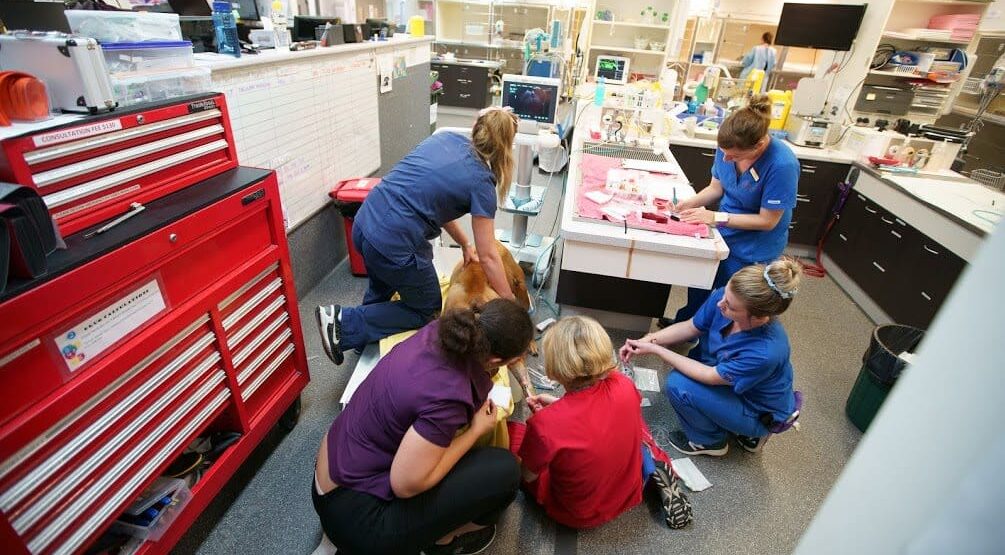
Animal Emergency Service Underwood
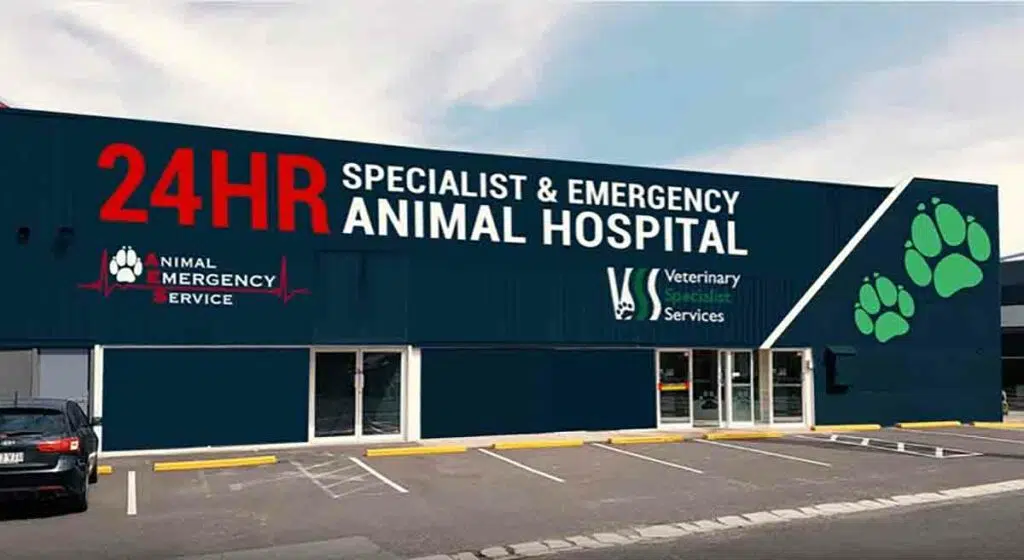
Animal Emergency Service Jindalee
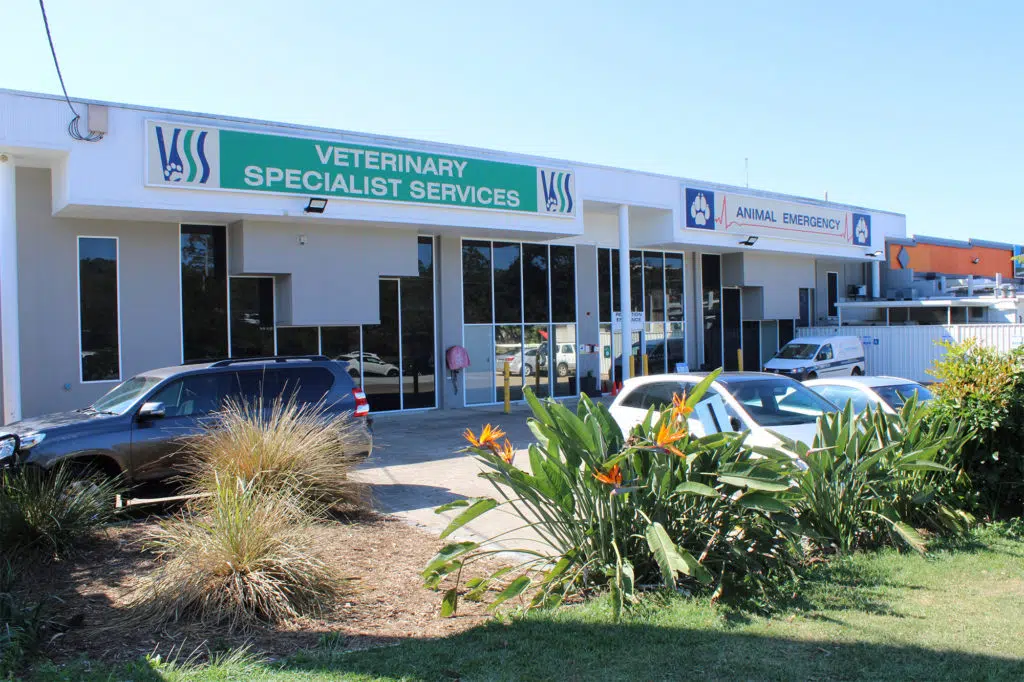
Animal Emergency Service Carrara
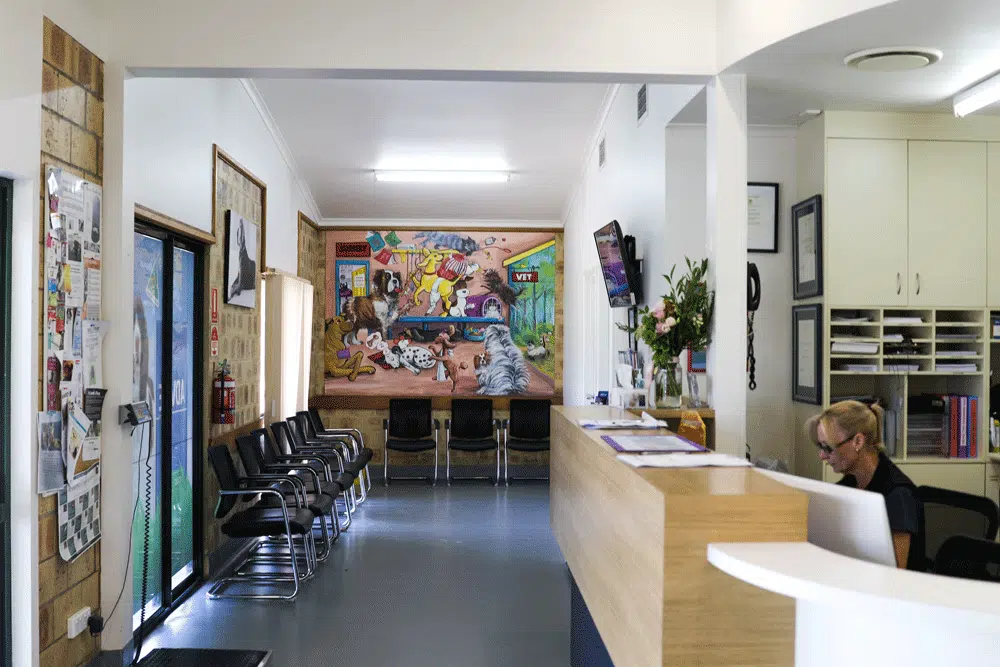
Animal Emergency Service Tanawha
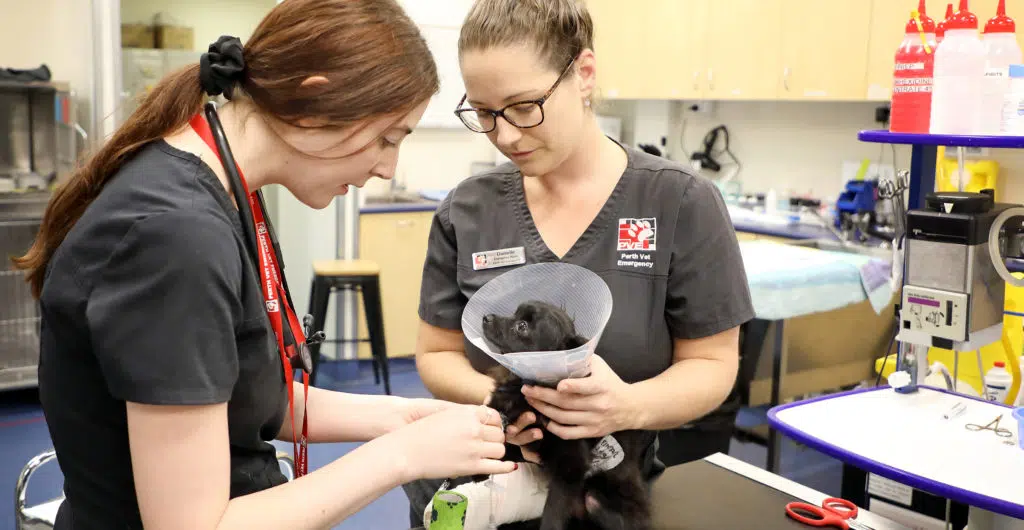
Perth Vet Emergency Yokine
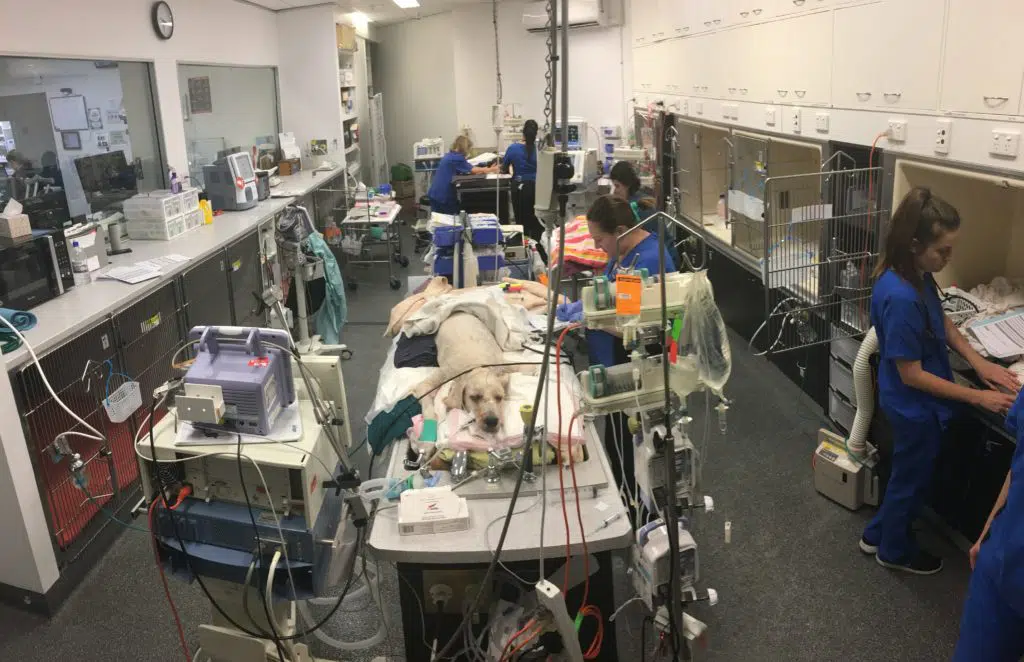
Pet Intensive Care Unit Underwood
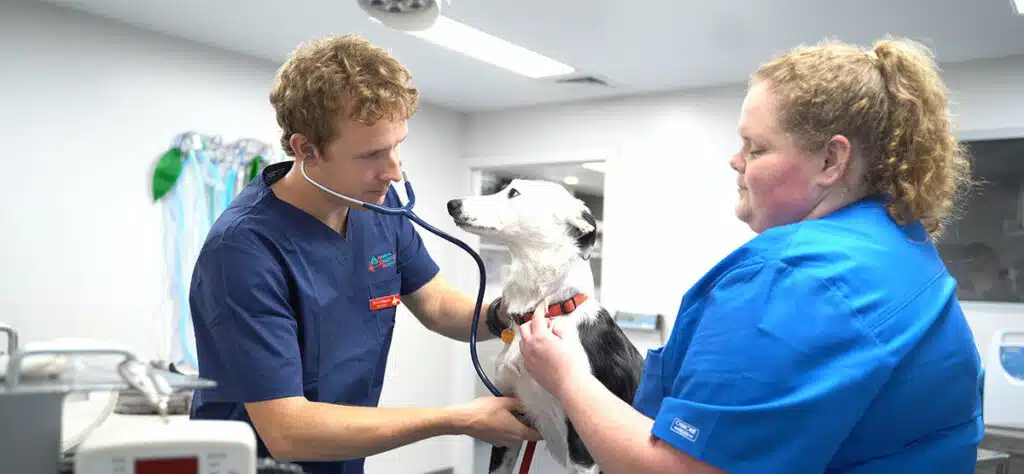
Animal Emergency Service Hobart
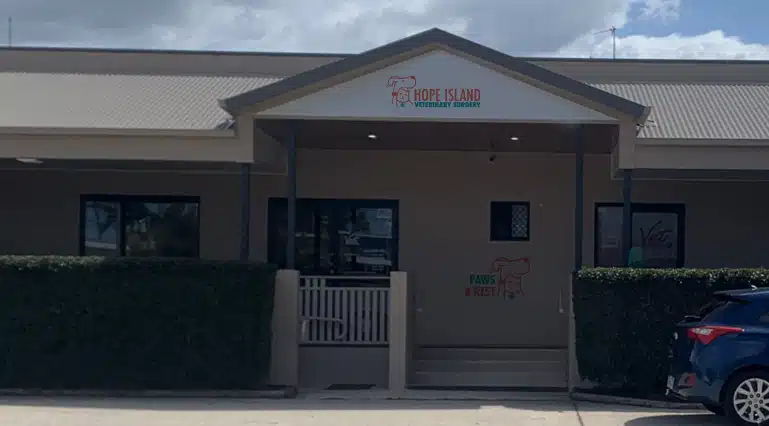
Hope Island Veterinary Surgery
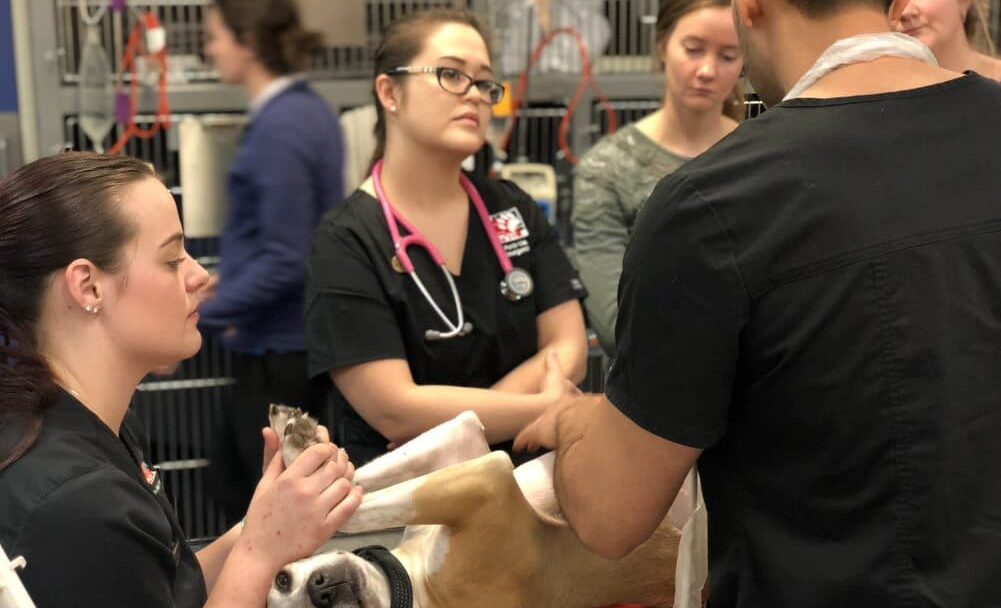
Perth Vet Emergency Cannington

Animal Emergency Service Hawthorn East
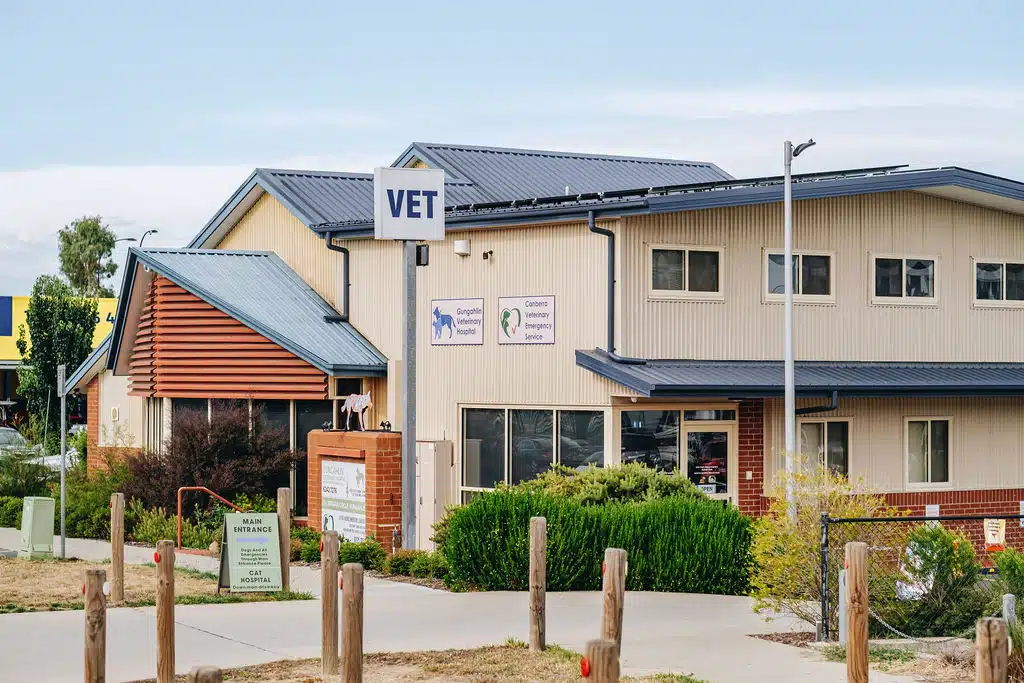
Canberra Veterinary Emergency Service
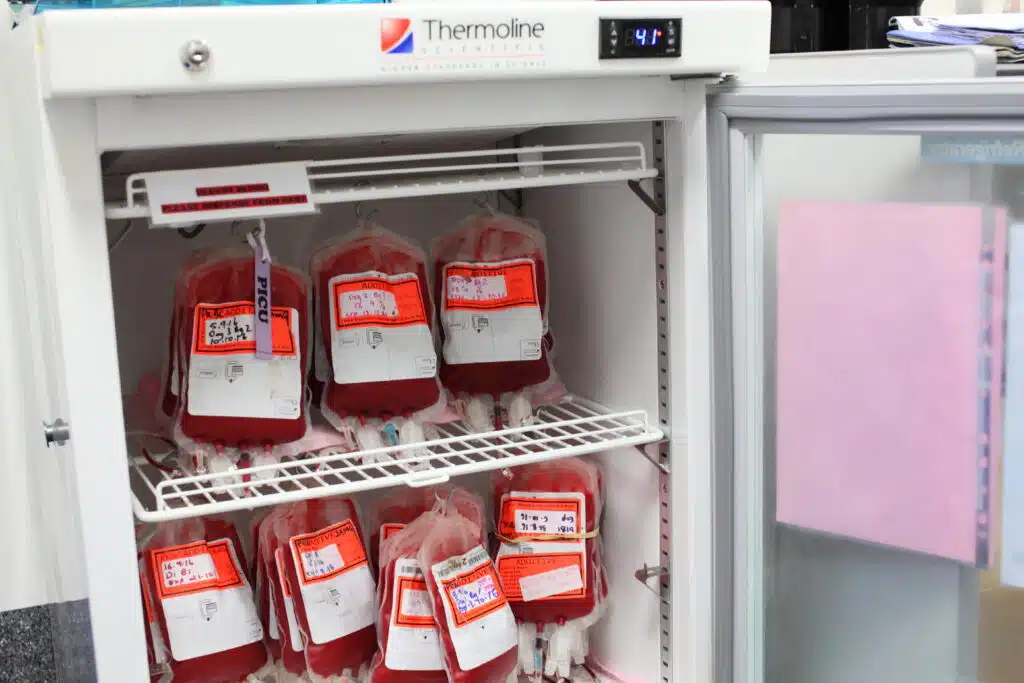
Animal Emergency Australia Blood Bank
Our Executive Team

Dr Rob Webster
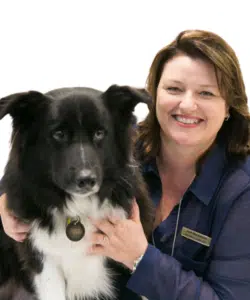
Jodi MacKinnon

Norm Weekes

Dr Rod Meehan
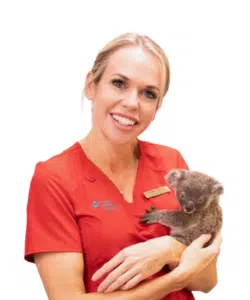
Dr Alex Hynes

Sonja Ceri

Sharon Stevenson
Our Specialist

Dr Elizabeth Settles DVM, JD
Hospital Research
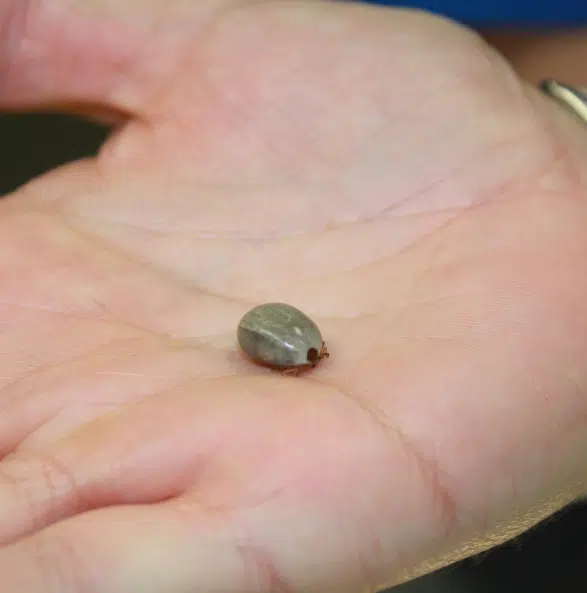
The Australian Paralysis Tick Advisory Panel
The Australian Paralysis Tick Advisory Panel, an initiative supported by Boehringer Ingelheim, established clinical guidelines for the management of tick paralysis in Australia.Your personal and professional development is important to us and we have a number of training programs and courses available to our team members.
Recently, the panel reconvened to review and update the guidelines based on the latest literature. Our very own veterinarians Dr Ellie Leister and Dr Rob Webster sit on this panel to help answer important questions about this life-threatening condition and the parasite that causes it: the paralysis tick.
VetAPedia
Advance your emergency veterinary knowledge and achieve better patient outcomes with 200+ free veterinary resources for you to access at any time.
Emergency veterinarians are exposed to a wide gamut of issues, and often the most critical patients. Given that specialists are often unavailable at 1 am, it’s essential that you have access to the latest Emergency & Critical Care resources available. This is why we’ve built VetApedia.
VetAPedia is a collection of resources, journal reviews, veterinary blog articles and clinical content, designed specifically for Veterinary professionals.


Journal Club
Can’t get enough? Want to discuss the latest in research with fellow peers? Join our journal club on the Sunshine Coast.
Our regular gathering of vets is pretty casual, often combined with a cold pint or a delicious mocktail. We discuss scientific papers found in well-renowned research journals, always relevant to the cases seen on the Sunshine Coast. Then, the discussion begins.
Attendees ask clarifying questions, inquire about different aspects of the experimental design, critique the methods, and bring a healthy amount of skepticism (or praise) to the results. The ideas found and discussed at the journal club can help expand and balance each vet scientist’s scope of what is happening in the world of research while informing experimental plans and clinical decisions. Sound good? Don’t be shy – request the annual events calendar and we’ll see you soon.







